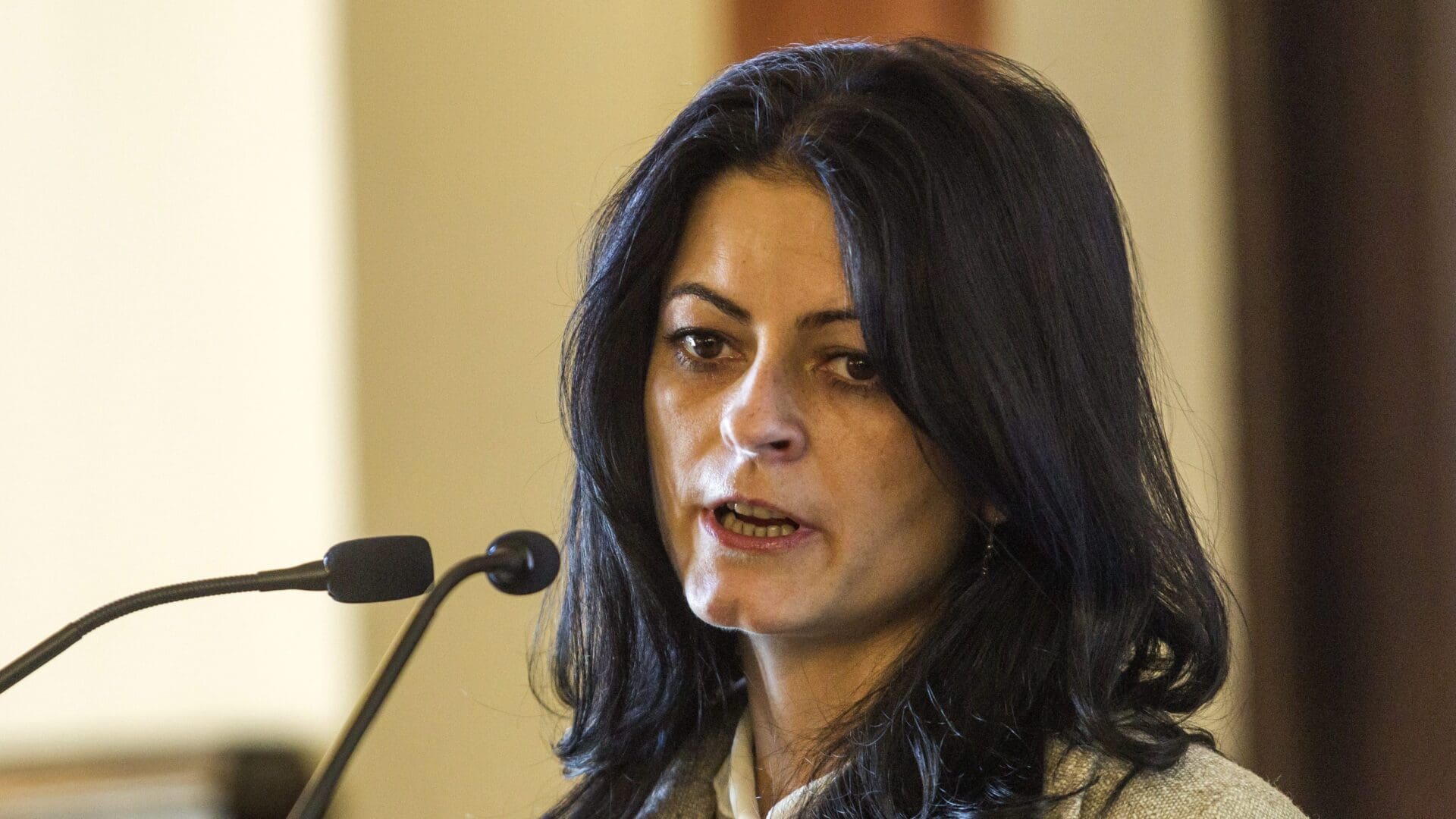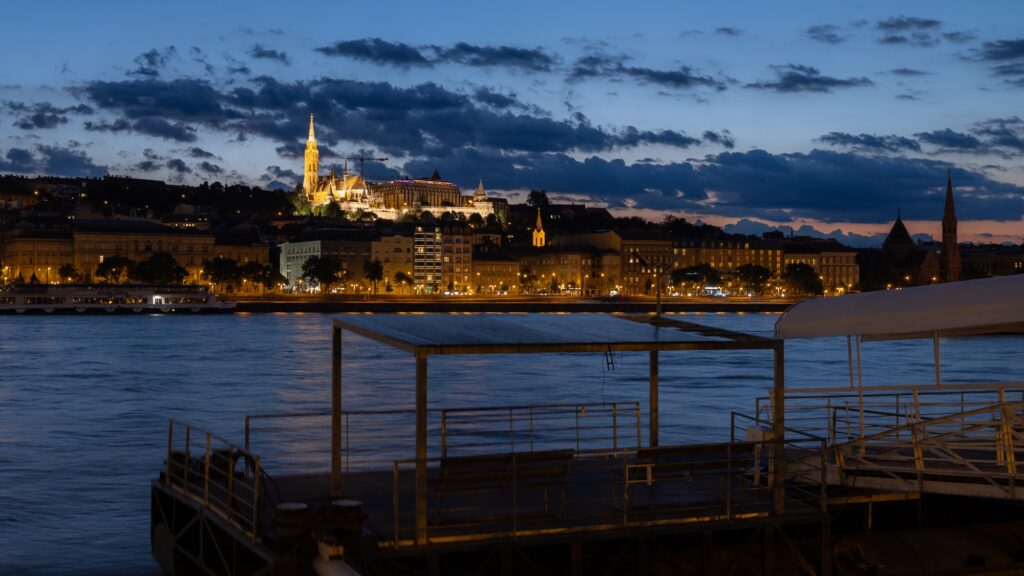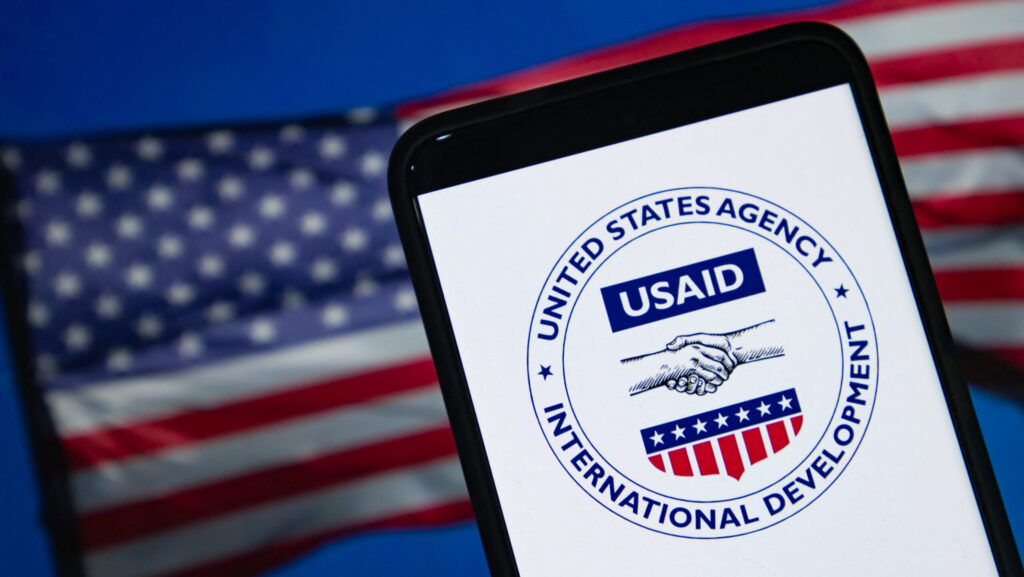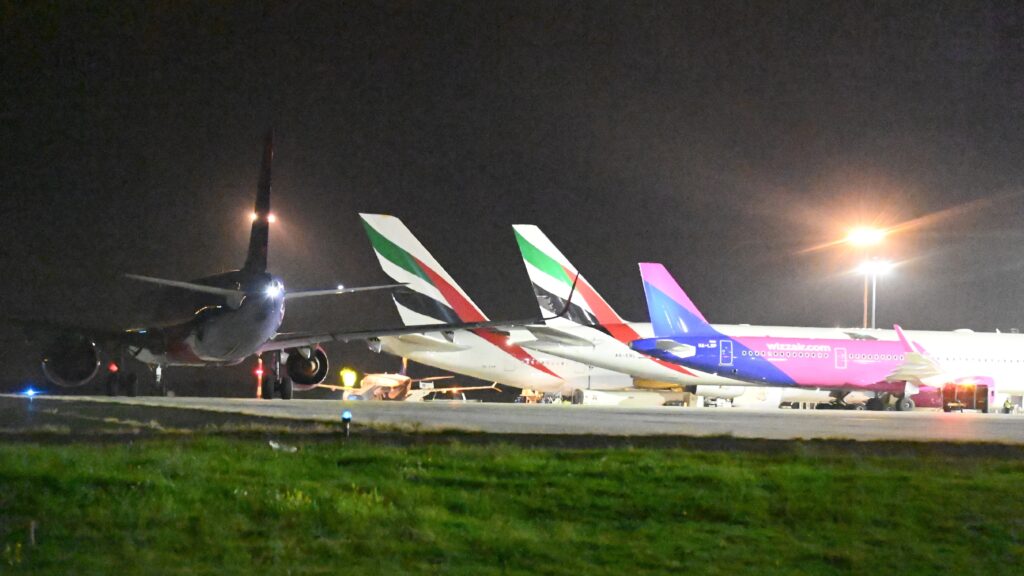The following is a translation of an opinion piece written by Karolina Darcsi, Secretary of the Transcarpathian Hungarian Cultural Association, originally published on Index.hu on 25 February 2023.
The fact is that the Russian–Ukrainian conflict did not start last year, but nine years ago, when Russia annexed the Crimean Peninsula after the ‘Revolution of Dignity’, or the Ukrainian Revolution, in February 2014. Back then, Ukraine and the West took a stand for peace and an amicable settlement, thanks to which the Minsk agreement could be reached between the warring parties. For a few years, this managed to quell the conflict that was taking place with varying intensity in the eastern regions of Ukraine, in Donetsk and Luhansk. However, none of the parties fully implemented the Minsk agreement, and on 24 February 2022, Russia launched an aggressive attack on Ukraine. The war shocked the whole world since no one thought a nuclear superpower would attack a European country in the 21st century.
After the first extensive bombings and rocket attacks, millions of people fled Inner Ukraine, leaving a lifetime’s work behind. A significant part of them headed towards the western borders, thus Transcarpathia also had to prepare to receive refugees. Hundreds of thousands of refugees arrived in the region, whose accommodation and care had to be provided by the local governments and residents. Rapid humanitarian support arriving from the settlements of neighbouring countries, twin settlements, and the Hungarian State was a great help in this. The Hungarians of the Carpathian Basin, as well as those living in the border area, have stood up unitedly to help those in need. At the same time, not everyone stayed in Transcarpathia—many of the refugees travelled on to the West. Since a significant part of the Hungarian settlements in Transcarpathia is located along the Ukrainian–Hungarian border, the people living there have taken care of masses of people trying to cross the border.
The relationship between Hungarians and Ukrainians has improved locally because they acted together and unitedly. The displaced people arriving in Transcarpathia were grateful and thanked the local Hungarians for the warm and supportive welcome they had received. Many refugees ended up in Hungarian villages or in Hungarian educational institutions where they were looked after 24 hours a day, for which they were especially thankful.
Despite the continual support, however, serious anti-Hungarian voices and resentment with Hungary continue to appear in the Ukrainian media.
The reason for this is that Budapest did not send weapons to the war. As the responsible Hungarian politicians put it, ‘Hungary belongs in the peace camp’, and a solution is only possible through peace talks, not weapons. The Hungarian Government did all this for the sake of the safety of Transcarpathians, just as they also banned the transit of weapons across the Ukrainian–Hungarian border. According to the justification of the decision, if they had decided otherwise, the areas inhabited by Hungarians might have been in danger as well.
We can only hope that the artificially generated anti-Hungarian hatred in the media will somewhat subside in the future and the old friendly relationship between the two peoples will once again become prominent. In the years following the regime change, Hungary maintained excellent diplomatic relations with Ukraine; our country was among the first to recognise Ukraine’s independence, and a bilateral treaty was also born between the two countries, the terms of which were respected until the outbreak of the war. Clearly, it is in the interest of Transcarpathian Hungarians that good Hungarian–Ukrainian relations be re-established.
The Cost of War
The war is definitely leaving its mark on the daily life of Transcarpathian Hungarians. Power outages that sometimes exceed twenty hours, inflation, price increases, and economic decline are palpable in the region now. The growing insecurity affects all Ukrainian citizens, including Transcarpathian Hungarians. Despite the fact that many people left the region, there are still a lot of Hungarians living in Transcarpathia, and Hungarian organisations and institutions are also functioning to this day. Besides, there were only slightly fewer first-grade children in September than before and the various church organisations still hold together, too. What we can hope for now is that when peace is restored, many Transcarpathian Hungarians who are currently temporarily abroad will return to their homeland.
War losses affect Transcarpathian Hungarians as well as Ukrainians. Hungarians serve in the Ukrainian army in the same way as Ukrainians.
After the outbreak of the war, the Hungarian state launched the largest humanitarian aid action in its history,
which greatly eased the situation of Transcarpathia and the local governments, providing enormous help in caring for those in need. However, aid did not only arrive in Transcarpathia, but it also reached the bombed-out cities of Borodyanka, Zahaltsi, Bucha, Kherson, and other areas of Inner Ukraine, where the fighting is still raging. Relief supplies are being provided continually: in addition to non-perishable food, medicines, and hygiene items, special equipment which can help bridge the seemingly endless periods of power outages is also arriving from Hungary.
Thanks to that, locals managed to equip quite a few Transcarpathian educational and health institutions with power generators, and the motherland helped in setting up suitable shelters as well. Although Transcarpathia is fortunately considered an island of peace, and so far only one missile strike has hit the town of Volovets (Volóc) in the mountains, in the event of an air raid, all children must go to a shelter and stay there until the danger is over.
As is known, the Western countries assured Ukraine of their support from the first minute of the conflict. After the outbreak of the war, they first started providing support only with equipment suited for defence, such as helmets, bulletproof vests, and blankets. Today, support already comes to Ukrainian military units in the form of armoured vehicles, tanks, and fighter jets.
We can all agree that Ukraine should be supported because it is defending its own territories.
It is of great importance that after the war the process of renewal begins as soon as possible, which could lead to Ukraine’s membership in the European Union within a reasonable time. We hope that the legal harmonisation of European integration will be guarantee the rights of minorities and thus the rights of Transcarpathian Hungarians, that are guaranteed in the Ukrainian constitution, will be fully restored. We do not ask for more than what is guaranteed to us Hungarians by the Basic Law of Ukraine. We also want all of this to become reality in a peaceful, independent, European Ukraine, and we hope that our endeavour will also be supported by the Western world. The Venice Commission is currently commenting on the new Ukrainian minority law, which was prepared taking into account the proposals of minorities, too—we trust that the remarks made by the Transcarpathian Hungarian community will also be incorporated into the legislation. We believe that in order to have peace again in Ukraine, it is essential to guarantee minority rights in a European fashion—and we want peace!
Click here to read the original article








